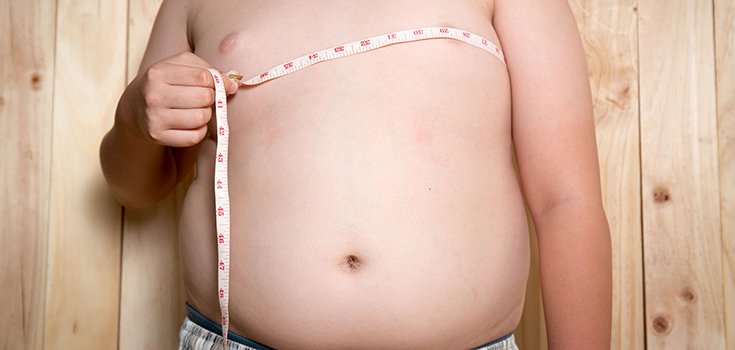U.K. Targets Sweets, Energy Drinks in Fight Against Childhood Obesity

British health ministers recently updated the U.K.’s Childhood Obesity Plan that was introduced in 2016, which was deemed “too weak.” If the updated plan is successful, it would halve childhood obesity by 2030.
Health ministers prepare to ban selling sweets at checkouts and offering 2-for-1 deals on junk food, among other changes, in an effort to tackle England’s childhood obesity problem. [1]
No such bans have been enacted in the United States, but German discount supermarket chain Aldi stopped selling candy at checkout aisles its 1,500 stores in 2016, replacing them with healthier snacks such as trail mix, dried fruit, and granola bars.
The U.K. government is also considering banning cartoons from promoting junk food, and are consulting on making it illegal to sell energy drinks to kids under 16.
Health secretary Jeremy Hunt is reportedly working on a plan to ban ads on TV, Instagram, and YouTube from hocking products high in salt and sugar before 9 p.m. when many children are still awake. [1] [2]
Diners in the U.K. may also have to say goodbye to free refills of sugary beverages in restaurants as part of the childhood obesity initiative. Furthermore, restaurants could be required to provide calorie counts on their menus. Restaurants in Britain were already ordered to reduce the size of their desserts in 2016. [1] [2]


The government plans to offer initiatives to companies who agree to reduce the amount of sugar in their products. [2]
Children in the U.K. consume at least double the daily recommended amount of sugar, according to a survey conducted by Public Health England that was published a couple of years ago.
Children under 11 will be encouraged to walk a mile a day under the initiative. In the U.K., 1 in 3 children are overweight or obese by that age.
Jeremy Hunt said:
“Parents want what is best for their children, but keeping them healthy and active can be difficult. It is near impossible to shield children from exposure to unhealthy food.
Parents are asking for help – we know that over 3/4 of parents find offers for sugary sweets and snacks at checkouts annoying.
The cost of obesity – on individual lives and our NHS – is too great to ignore.
Today we are taking steps to ensure that by 2030, children from all backgrounds have the help they need for a healthier, more active start in life.”
The updated Childhood Obesity Plan was designed to toughen up the original plan, introduced in 2016, that was deemed “weak” by public health officials. [3]
If the new plan successfully halves childhood obesity in Britain over the next dozen years, it would mean 700,000 fewer children being obese by 2030.
Sources:
[1] Independent
[2] Express
[3] BBC News
